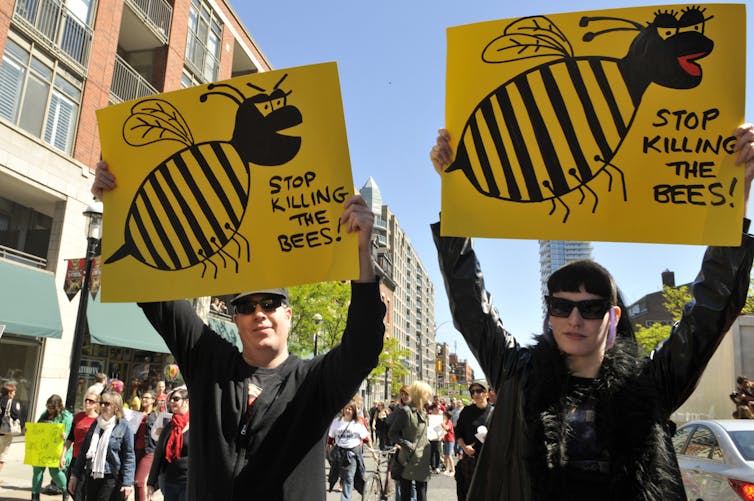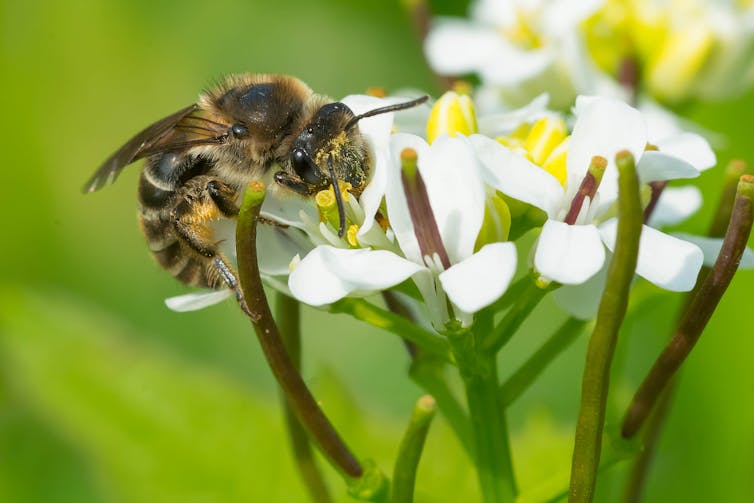Washington (AFP) – Penske Racing team president Tim Cindric and three others were suspended Tuesday by the IndyCar squad following an internal review of the cheating scandal that led to forfeiting a race victory.
Issued on: 07/05/2024 -

Penske Racing team president Tim Cindric and three others were suspended for two races by Penske Racing, including this month's Indianapolis 500, for their roles in a cheating scandal involving an extra power boost on restarts against IndyCar rules
© Chris Graythen / GETTY IMAGES NORTH AMERICA/AFP/File
Cindric, race engineer Luke Mason, senior data engineer Robbie Atkinson and managing director Ron Ruzewski were all suspended for two races, including the signature Indianapolis 500 later this month.
The punishments were handed down after IndyCar uncovered a set-up on three Penske cars at Long Beach last month allowing drivers to utilize a "push-to-pass" button on starts and restarts in violation of series rules.
As a result, American driver Josef Newgarden, the 2023 Indianapolis 500 winner, was stripped of a March win at St. Petersburg, Florida, in the season opener and Penske teammate Scott McLaughlin of New Zealand was stripped of his third-place finish.
Australian driver Will Power, who did not use the overtake button, was stripped of 10 points in the standings for having the set-up on his car in the Florida street race.
Penske Racing said the set-up was used for a pre-season engine test and mistakenly not removed from the cars while Newgarden said he thought the rules on restart "push-to-pass" had been changed to allow the extra power boost.
"I recognize the magnitude of what occurred and the impact it continues to have on the sport to which I've dedicated so many decades," team owner Roger Penske said in a statement.
"Everyone at Team Penske along with our fans and business partners should know that I apologize for the errors that were made and I deeply regret them."
Penske also owns IndyCar and the Indianapolis Motor Speedway, where Saturday's Indianapolis Grand Prix will be staged on a road course before teams focus on the legendary 2.5-mile (4km) oval ahead of the 108th Indy 500 on May 26.
Cindric, Ruzewski, Atkinson and Newgarden race team engineer Mason will be banned from both races by Penske following what a team statement called "a full and comprehensive analysis" that uncovered "significant failures in our processes and internal communications."
Cindric, who has accountability for all Team Penske operations, apologized for the stain on the powerhouse team's reputation.
"For Ron and I as leaders of this team, it's not about what we did, it's about what we didn't do," Cindric said in a statement. "It's our responsibility to provide the team and all our drivers with the right processes to ensure something like this can't happen.
"For that, I apologize to Roger, our team and everyone that supports us. Our number one job is to protect and enhance the reputation of our brand and that of those that support us. In that regard, as the overall leader, I failed, and I must raise my hand and be accountable with the others. This is a team and in my position it's the right thing to do."
© 2024 AFP
Cindric, race engineer Luke Mason, senior data engineer Robbie Atkinson and managing director Ron Ruzewski were all suspended for two races, including the signature Indianapolis 500 later this month.
The punishments were handed down after IndyCar uncovered a set-up on three Penske cars at Long Beach last month allowing drivers to utilize a "push-to-pass" button on starts and restarts in violation of series rules.
As a result, American driver Josef Newgarden, the 2023 Indianapolis 500 winner, was stripped of a March win at St. Petersburg, Florida, in the season opener and Penske teammate Scott McLaughlin of New Zealand was stripped of his third-place finish.
Australian driver Will Power, who did not use the overtake button, was stripped of 10 points in the standings for having the set-up on his car in the Florida street race.
Penske Racing said the set-up was used for a pre-season engine test and mistakenly not removed from the cars while Newgarden said he thought the rules on restart "push-to-pass" had been changed to allow the extra power boost.
"I recognize the magnitude of what occurred and the impact it continues to have on the sport to which I've dedicated so many decades," team owner Roger Penske said in a statement.
"Everyone at Team Penske along with our fans and business partners should know that I apologize for the errors that were made and I deeply regret them."
Penske also owns IndyCar and the Indianapolis Motor Speedway, where Saturday's Indianapolis Grand Prix will be staged on a road course before teams focus on the legendary 2.5-mile (4km) oval ahead of the 108th Indy 500 on May 26.
Cindric, Ruzewski, Atkinson and Newgarden race team engineer Mason will be banned from both races by Penske following what a team statement called "a full and comprehensive analysis" that uncovered "significant failures in our processes and internal communications."
Cindric, who has accountability for all Team Penske operations, apologized for the stain on the powerhouse team's reputation.
"For Ron and I as leaders of this team, it's not about what we did, it's about what we didn't do," Cindric said in a statement. "It's our responsibility to provide the team and all our drivers with the right processes to ensure something like this can't happen.
"For that, I apologize to Roger, our team and everyone that supports us. Our number one job is to protect and enhance the reputation of our brand and that of those that support us. In that regard, as the overall leader, I failed, and I must raise my hand and be accountable with the others. This is a team and in my position it's the right thing to do."
© 2024 AFP















